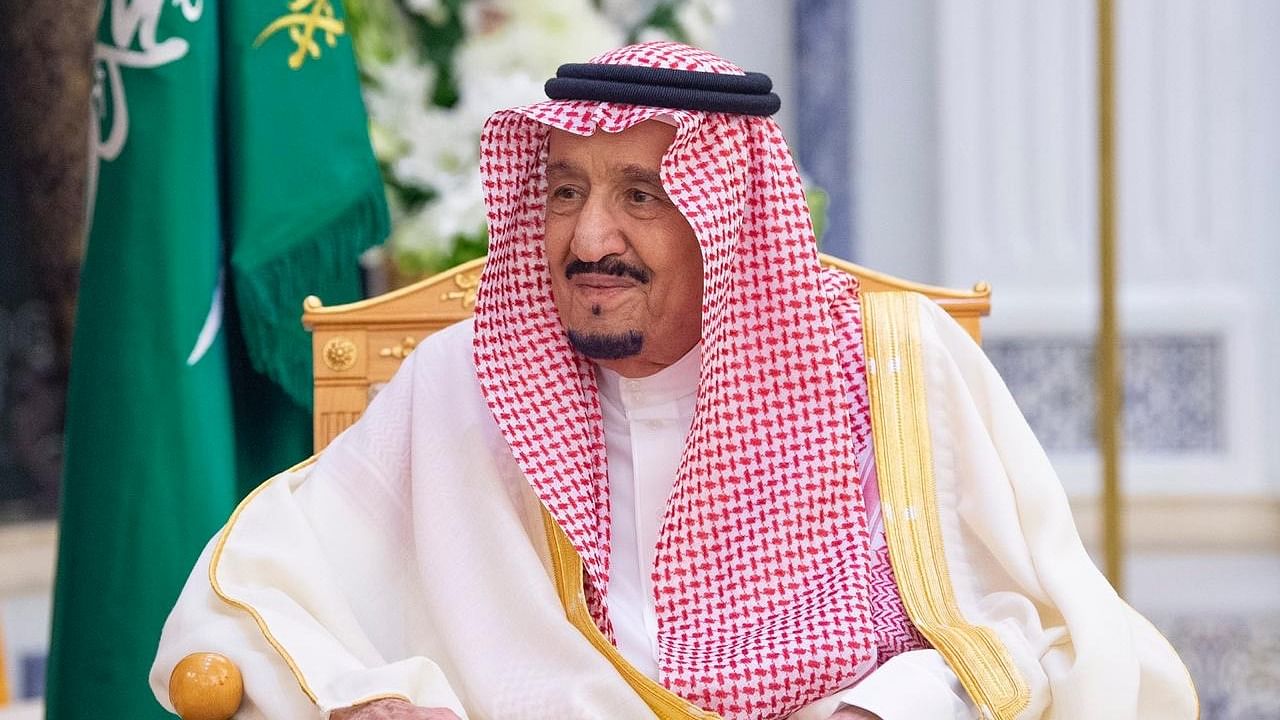
Saudi Arabia's energy minister pushed back on Sunday against opposition by fellow Gulf producer the United Arab Emirates to a proposed OPEC+ deal and called for "compromise and rationality" to secure agreement when the group reconvenes on Monday.
OPEC+, which groups the Organization of the Petroleum Exporting Countries and its allies, voted on Friday to raise output by some 2 million barrels per day from August to December 2021 and to extend remaining cuts to the end of 2022, but UAE objections prevented agreement, sources had said.
"The extension is the basis and not a secondary issue," Saudi Energy Minister Prince Abdulaziz bin Salman told Saudi-owned Al Arabiya television channel.
"We are looking for a way to balance the interests of producer and consumer countries and for market stability in general, especially when shortages are expected due to the decrease in stockpiles," he added.
The UAE said earlier on Sunday it backs an output increase from August but suggested deferring to another meeting the decision on extending the oil supply pact. It said baseline production references - the level from which any cuts are calculated - should be reviewed for any extension.
The standoff could delay plans to pump more oil through to the end of the year to cool oil prices that have soared to 2-1/2-year highs.
"Big efforts were made over the past 14 months that provided fantastic results and it would be a shame not to maintain those achievements. ... Some compromise and some rationality is what will save us," the Saudi energy minister said.
Responding to oil demand destruction caused by the Covid-19 pandemic, OPEC+ agreed last year to cut output by almost 10 million bpd from May 2020, with plans to phase out the curbs by the end of April 2022. Cuts now stand at about 5.8 million bpd.
OPEC+ sources said the UAE contended its baseline was originally set too low, an issue it raised before but was ready to tolerate if the deal ended in April 2022 but not if it went on longer.
Prince Abdulaziz, who made similar remarks to Saudi-owned Asharq television, said no country should use a single month as a baseline reference, adding there was a mechanism for states to file objections and that "selectivity is difficult".